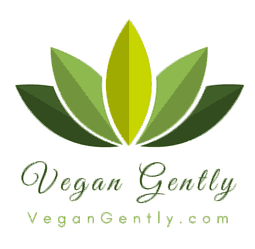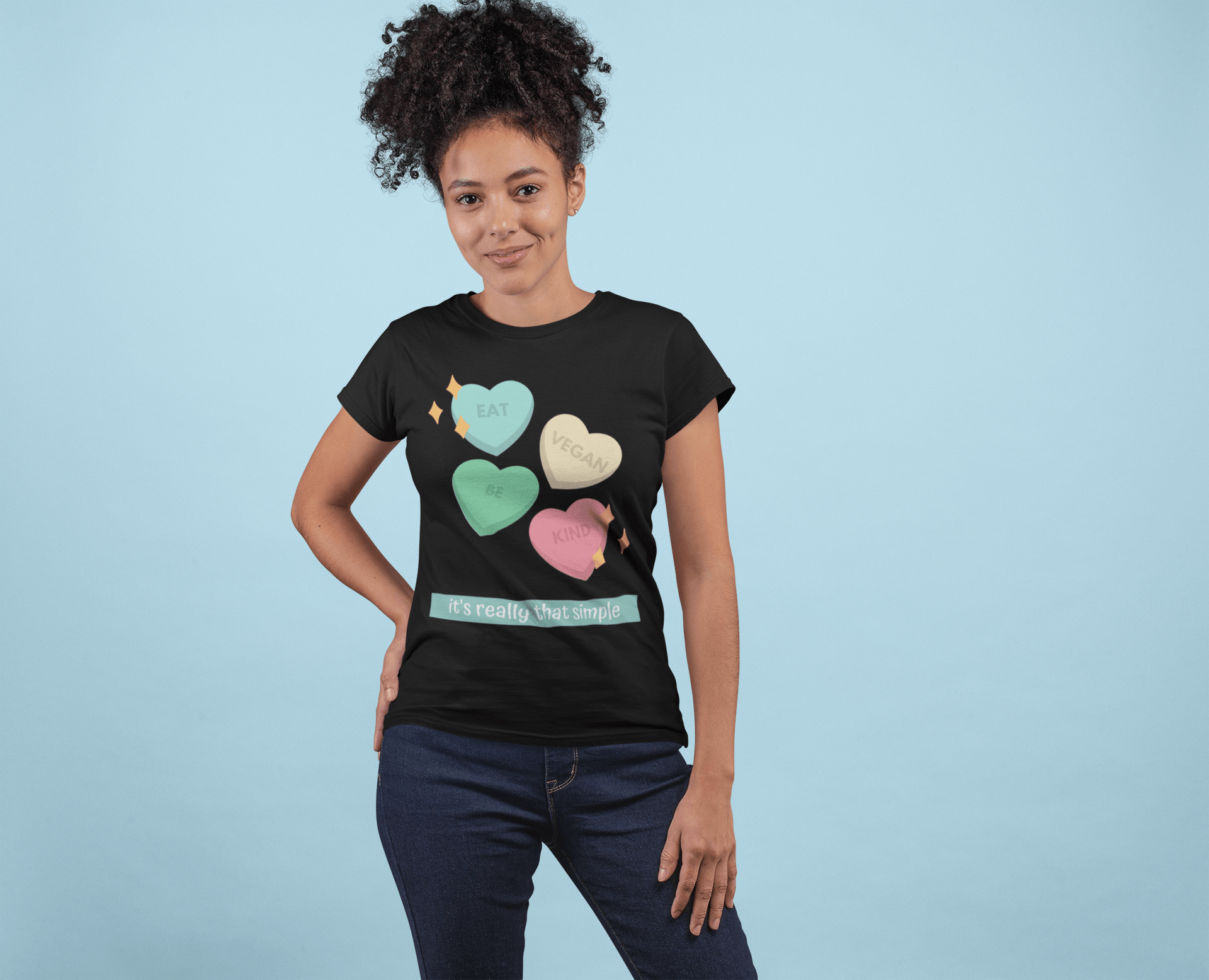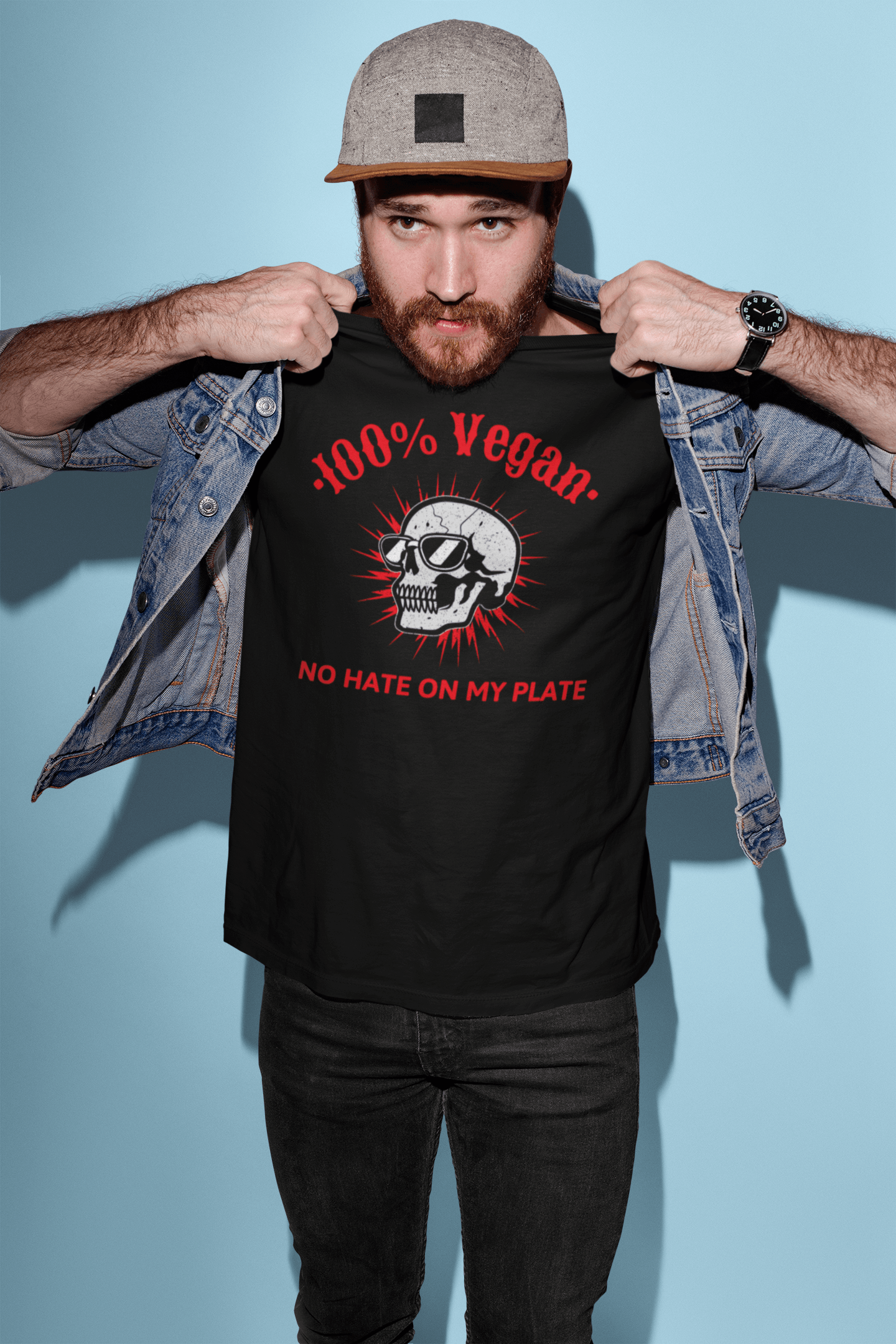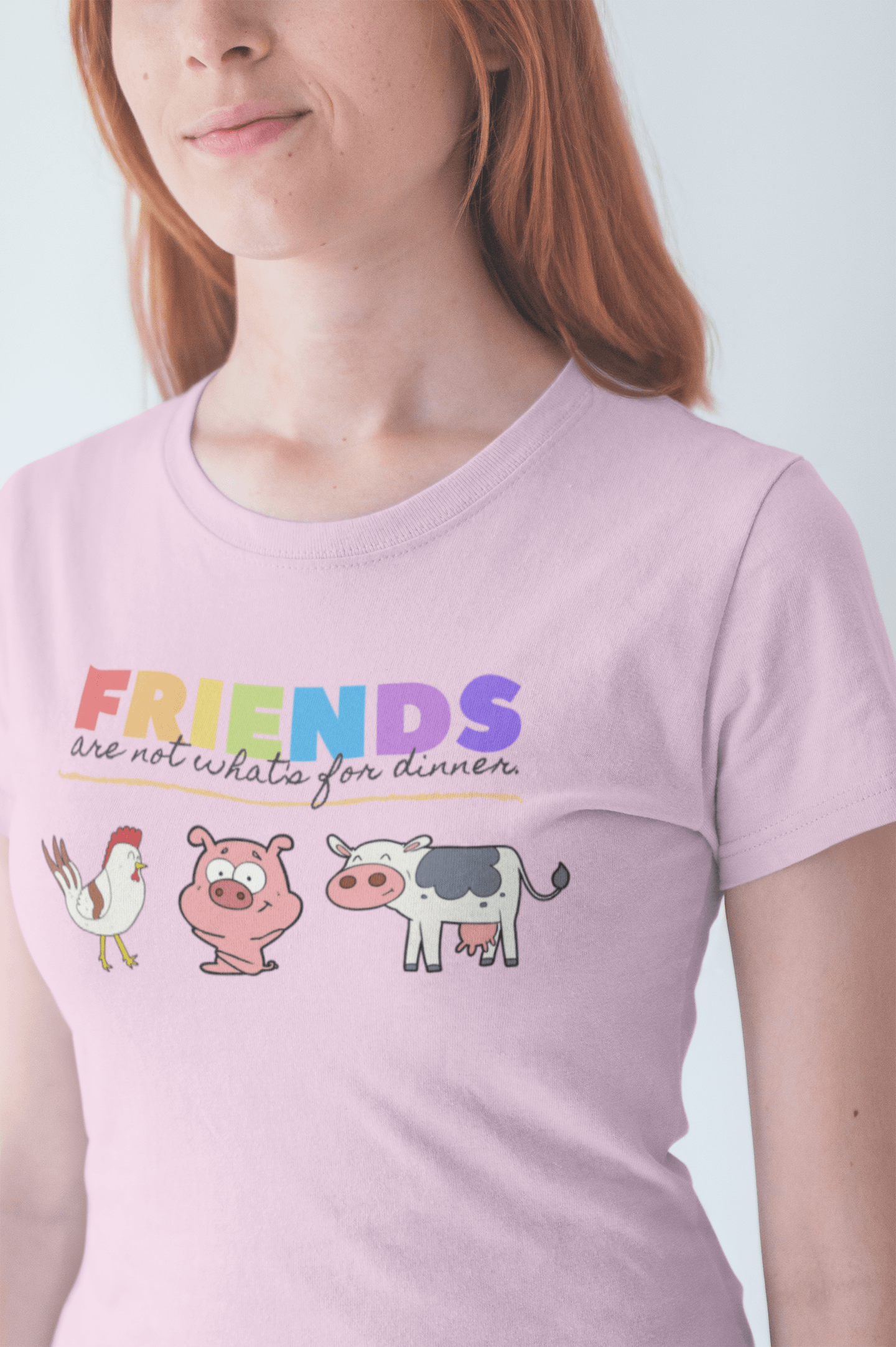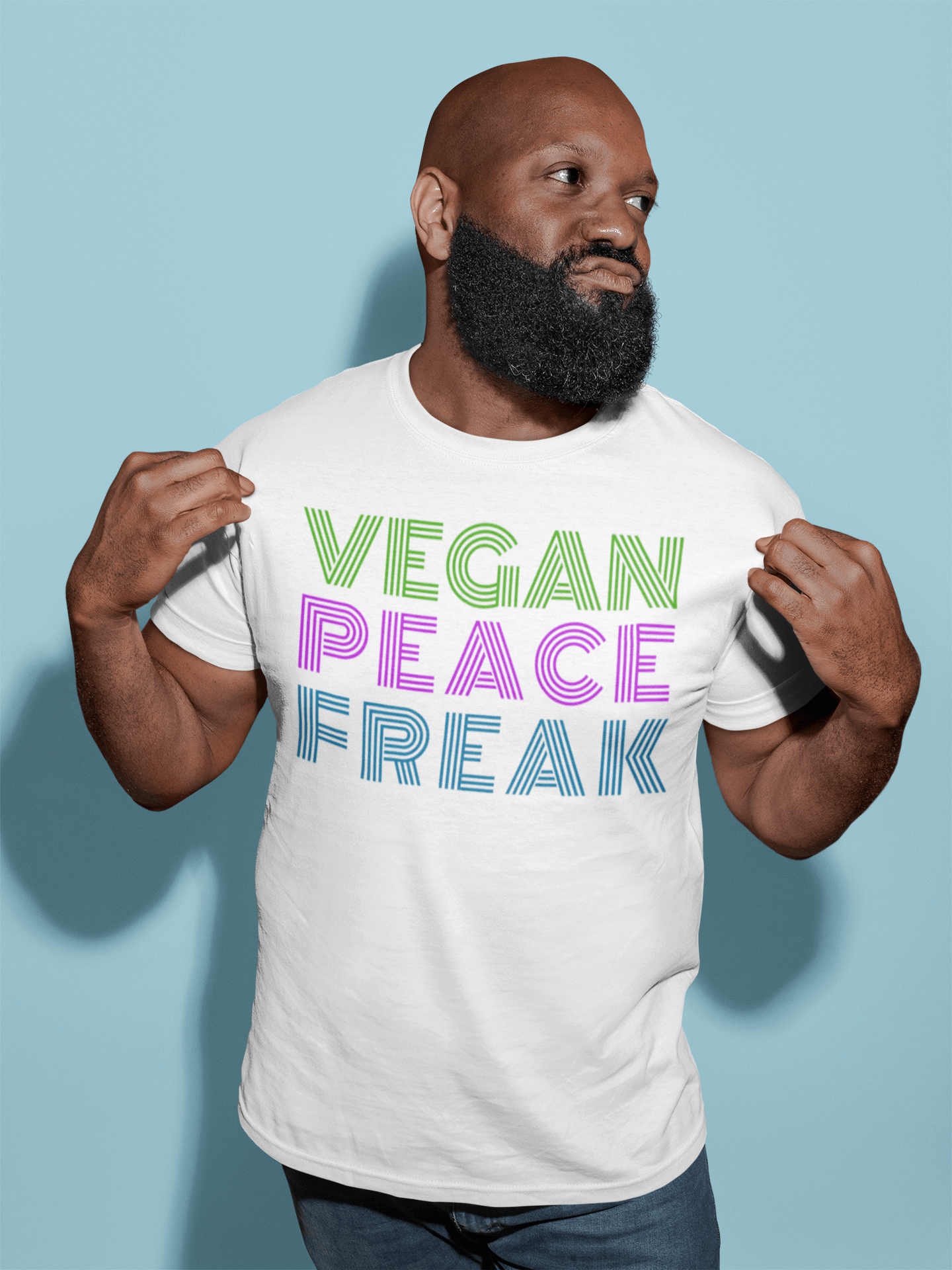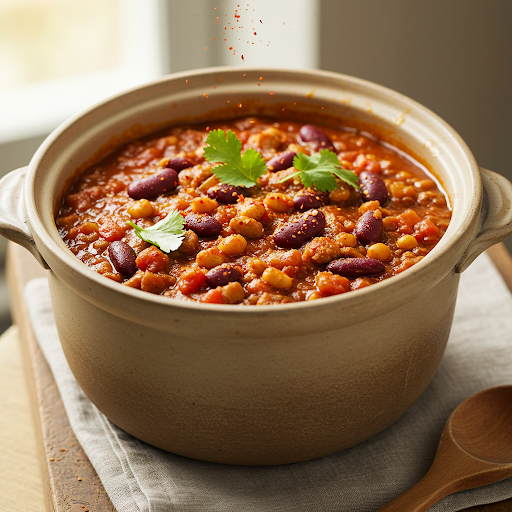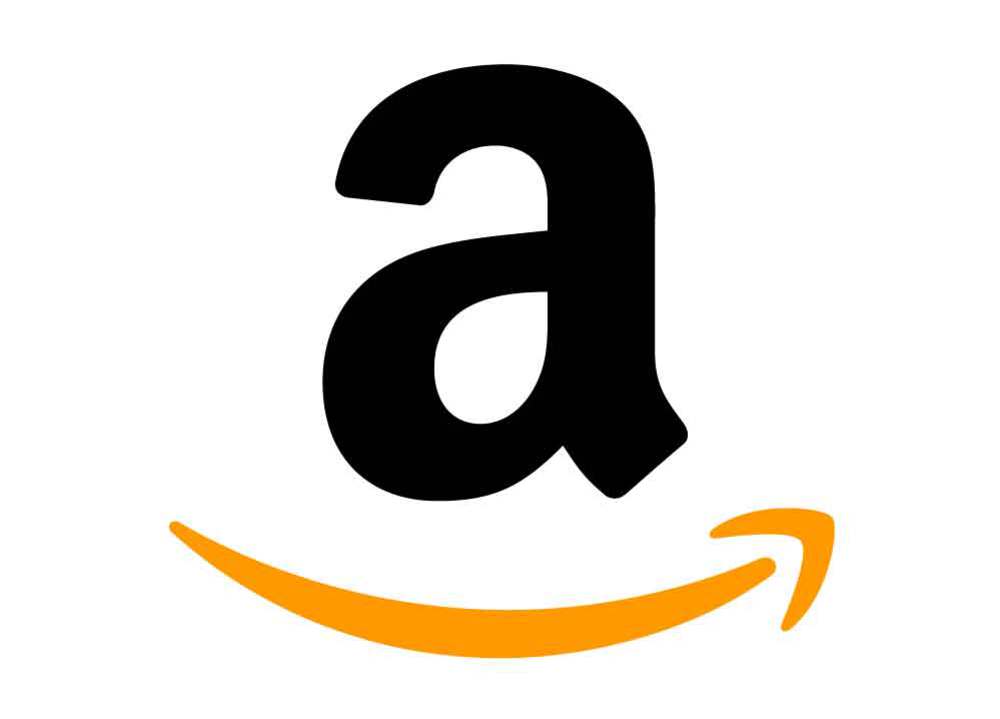Can a Vegan Diet be Unhealthy?
For Vegan to Mean Healthy You Have to Be Mindful of Your Eating Habits
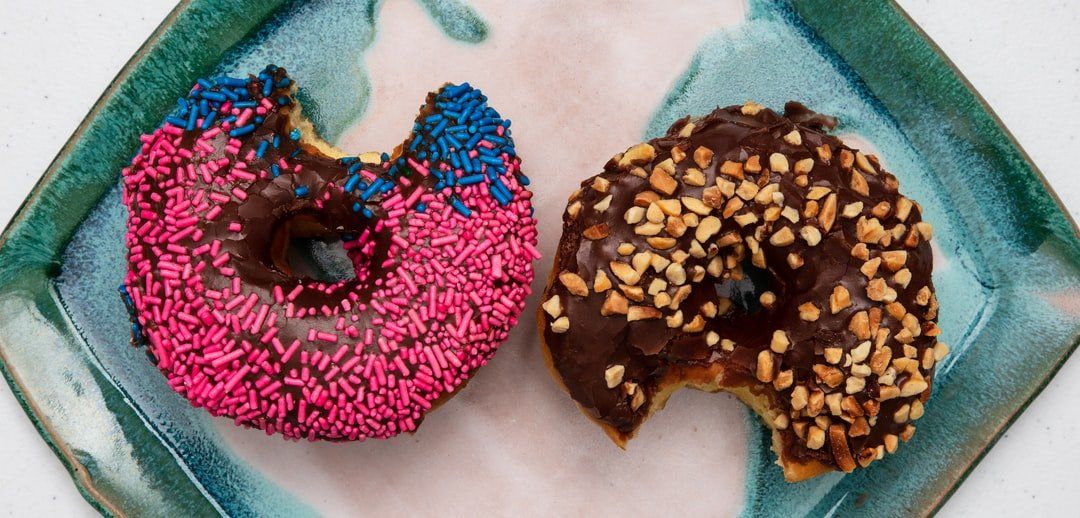
It’s undeniable that eating more fruits and vegetables does your body good. Veganism and other plant-based diets come with a variety of health benefits; but like all diets, veganism needs to be executed responsibly in order to provide you with those benefits. The human body requires balance and veganism can provide the opportunity to fall out of the healthy balance that a well nourished body needs. If you’re considering a vegan diet or have recently made the switch, consider these potential risks which can lead to an unhealthy diet.
Some Unhealthy Vegan Diet Habits
Carb-overload – As with any reductive diet, veganism requires the removal of entire groups of food. Omitting all dairy, meat, and egg products can make it feel as though the only foods left for you to eat are carbohydrate-heavy. Breads, candies, pastas, and rice can quickly become staples to your diet and without animal products to help balance protein and fat contents in your meals, those diet staples can cause your macronutrient count to fall fully out of whack. While introducing a vegan, be sure to be inclusive with high-protein foods like legumes in order to keep carbs from dominating your new dietary habits.
Processed foods – With similar dangers as the carb-overload possibility, reliance on heavily processed foods can easily creep into vegan diets. Snacks like chips and crackers which not only carry heavy carbohydrate contents, but high fat contents as well, run the risk of taking over space in your regular meals. Lesser considered amongst processed food-reliance in vegan diets is the overuse of highly processed condiments to provide flavors to your meals. While in moderation things like ketchup, mustard, and vegan mayonnaises are fine, adding such things to a majority of meals can come with serious risk. Condiments tend to carry high sugar and fat contents with little to no nutritional value. Try new seasonings and marinating techniques to give your dishes extra flavor!
Vitamin deficiencies – Even with a well developed dietary plan, there are some vitamins which plants simply do not provide in high enough concentrations in a vegan diet. Most notably is vitamin B12, which is almost exclusively found in animal products. Thankfully vitamin supplements are easily accessible to most people looking to explore veganism, so meeting your daily vitamin requirements is still an achievable goal. Other vitamins and minerals which are at risk of becoming deficient in a vegan diet include calcium, iron, and zinc. Thankfully with a higher concentration of vitamins C, D, and K in a vegan diet, adding supplements to address potential deficiencies can be done easily.
So can a vegan diet be unhealthy?
The short answer is yes. All exclusionary diets come with risks of deficiencies and shortcomings for your macros – veganism included. Thankfully with access to vegan products growing and the general popularity of plant-based foods also increasing, addressing these potential shortcomings of a vegan diet is getting easier all the time. Diversity is the spice of life, especially when it comes to filling in potential gaps in a plant-based diet. Keeping your pallet open to new flavors, avoiding a reliance on processed foods which carry little to no nutritional value, and going into your vegan adventure with a solid plan can help veganism help you be your healthiest self.
Vegan Gently Blog


